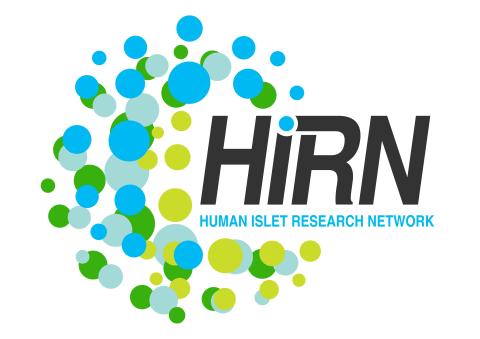Aluminate salts precipitated from caustic alkaline solutions exhibit a correlation between the anionic speciation and the identity of the alkali cation in the precipitate, with the aluminate ions occurring either in monomeric (Al(OH)4–) or dimeric (Al2O(OH)62–) forms. The origin of this correlation...
Filter results
Content type
Publication Type
Tags
- (-) Molecular Profiling (4)
- Virology (14)
- Viruses (10)
- Health (8)
- Soil Microbiology (8)
- Virus (8)
- Omics (6)
- Omics-LHV Project (6)
- Differential Expression Analysis (5)
- Gene expression profile data (5)
- Immune Response (5)
- Multi-Omics (5)
- PerCon SFA (5)
- Time Sampled Measurement Datasets (5)
- Autoimmunity (4)
- Biomarkers (4)
- Homo sapiens (4)
- Ions (4)
- Machine Learning (4)
- Mass Spectrometry (4)
- Mass spectrometry data (4)
- Microbiome (4)
- Nanoparticles (4)
- sequencing (4)
- Synthetic (4)
- Synthetic Biology (4)
- Type 1 Diabetes (4)
- Fungi (3)
- Genomics (3)
- Spectroscopy (3)
Understanding the reactivity behavior of aluminum oxyhydroxide phases, widely present in nuclear waste tanks, in radiation environments is essential to develop better nuclear waste processing approaches. Recent experiments using vibrational sum frequency generation, a surface sensitive technique...
The molecular speciation of aluminum (Al3+) in alkaline solutions is fundamental to its precipitation chemistry within a number of industrial applications that include ore refinement and industrial processing of Al wastes. Under these conditions, Al3+ is predominantly Al(OH)4–, while at high [Al3+]...
The Human Islet Research Network (HIRN) is a large consortia with many research projects focused on understanding how beta cells are lost in type 1 diabetics (T1D) with a goal of finding how to protect against or replace the loss of functional beta cells. The consortia has multiple branches of...
Datasets
0
Machine learning is a core technology that is rapidly advancing within type 1 diabetes (T1D) research. Our Human Islet Research Network (HIRN) grant is studying early cellular response initiating β cell stress in T1D through the generation of heterogenous low- and high-throughput molecular...
Datasets
3
The Environmental Determinants of Diabetes in the Young (TEDDY) study is searching for factors influencing the development of type 1 diabetes (T1D) in children. Research has shown that there are certain genes that correlate to higher risk of developing T1D, but not all children with these genes...
Datasets
1
The Diabetes Autoimmunity Study in the Young (DAISY) seeks to find environmental factors that can trigger the development of type 1 diabetes (T1D) in children. DAISY follows children with high-risk of developing T1D based on family history or genetic markers. Genes, diets, infections, and...
Datasets
1




